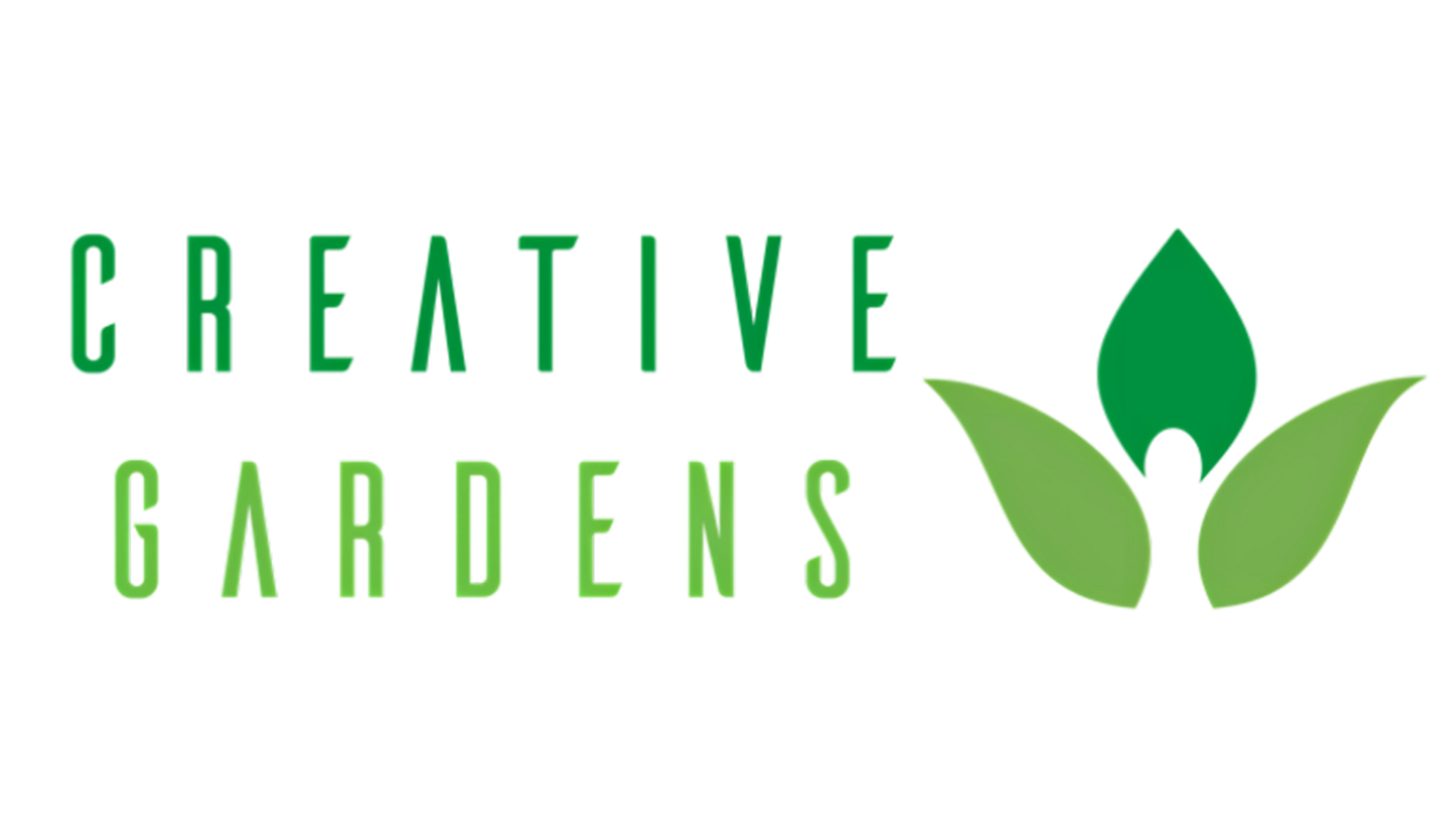Our Modern Education System.
Does it map to real life?
By: Garrett Wilhelm
The modern education system has come under scrutiny in recent years for its perceived irrelevance and lack of practicality in preparing children for the future. Many argue that the current system is too focused on memorization and test-taking, rather than teaching practical skills and critical thinking.
One of the main criticisms of the modern education system is that it does not adequately prepare students for the real world. Many students graduate from high school or college without knowing how to manage their finances, find a job, or even cook a meal. These are essential life skills that are not emphasized in the traditional education system, but are vital for success in the real world.
Another issue with the modern education system is that it is not always in line with the changing needs of the workforce. Many jobs that will be in high demand in the future require skills that are not traditionally taught in school, such as coding, data analysis, and digital marketing. These skills are often learned on the job or through outside resources, leaving students who have followed the traditional education path at a disadvantage.
Furthermore, the current education system often does not take into account the diverse learning styles and needs of students. One size fits all teaching methods may not work for every student, and this can lead to frustration and disengagement.
There are some efforts being made to modernize the education system and make it more relevant and practical. For example, some schools are incorporating project-based learning, which allows students to apply their knowledge to real-world problems and projects. There are also alternative education programs, such as online schools and vocational training programs, that focus on practical skills and hands-on learning. Our school leverages a personalized learning model to carefully craft curriculum to meet each learner’s needs.
The modern education system is facing criticism for its lack of relevance and practicality in preparing students for the real world. While there are efforts being made to modernize and improve the system, there is still a long way to go to ensure that our children are equipped with the skills and knowledge they need to succeed in the future.
Creative Gardens is working to push the needle forward by looking at preparation for public school in a different and more meaningful way. With our focus on a whole-child education, and “how” to think not just “what to learn.” While we are in mile one of a marathon, we know that by fulfilling our mission to provide each child with an engaging and exciting education based on who they are and how they learn, we are helping to shift education to a much more contextual experience.
